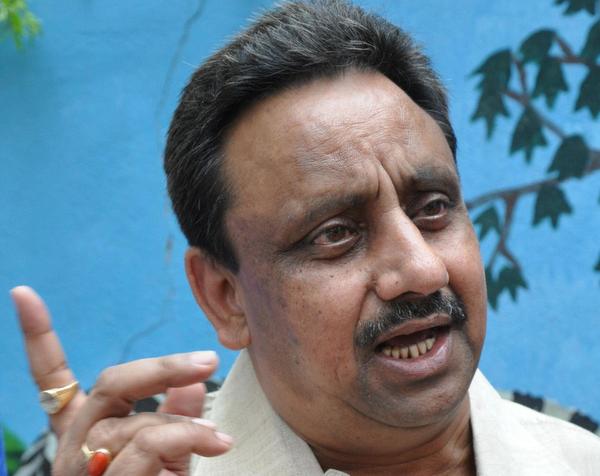The deliberations over GST are coming to a close and its implementation is just a few days away. In the wake of implementation of GST in the country from 1st July, 2017, the preparedness at the level of small businesses is one of the major challenges, feels industry body – Confederation of All India Traders, CAIT. “The proposed GST taxation system is entirely based on technology where not even a single paper will be used. The basic fundamentals of raising invoices, procedure of availing input credit, integration of goods & services, compulsory rating of each entity registered under GST are some of the key issues which are entirely different from current VAT tax regime,” reasons CAIT.
As anticipated, there are a slew of challenges businesses are facing, the most common being of integration and up gradation of existing IT infrastructure to make it GST compliant, tax experts pointed out. Businesses have to migrate from the present value-added tax (VAT), service tax and central excise registration to a GST registration. Though there is a certain level of IT enablement even today in excise and service tax, GST will significantly enhance the dependence on the IT interface. While larger organizations are better equipped to overcome this hurdle, small and medium sized enterprises are struggling. In fact for small businesses, migration is proving to be a greater challenge. According to CAIT nearly 60% of small businesses in the country have been devoid of digital technology. Thus the basic challenge is that at a time when everything will be routed through digital technology under GST, how these large numbers of traders will comply with. “Empowerment of such large number of traders with technology in such a short span of time when only 19 days are left is quite impossible,” argues CAIT.
Praveen Khandelwal, secretary general of CAIT, which is strongly advocating GST, has emphasised on education and empowerment of small businesses with basic fundamentals of GST and its integration with technology. “Technology is an important issue. GST is destination based taxation system where consumer has to pay the tax and traders are the only last mile connect with consumers and as such they have a significant role to play under GST,” he says. He is of the view that till the time traders across the country are equipped with technology, some in between measures needs to be adopted to help the traders in compliance of GST through digital technology. He suggests that the government should make use of ‘trade associations’ across the country as ‘GST facilitation centre’. “Computer kiosks can also be installed in commercial markets enabling traders to do compliance against a nominal fee,” he says.
On its part CAIT has suggested the trade associations across the country to make clusters of 30 to 50 traders and connect them with an accounting professional that would assist traders in performing compliance obligations of all traders under the respective cluster. Besides this, CAIT has taken the lead in empowering the trading community to be GST-ready. It started its ‘Mission GST’ initiative by organising ‘train the trainer’ program in New Delhi on 7 June, 2017. The aim is to make 10,000 traders as ‘master trainers’ across the country.
About 300 leading trade leaders from Delhi, UP, Rajasthan, Madhya Pradesh, Uttrakhand, Himachal Pradesh, Punjab, Haryana and Chandigarh attended the first ‘train the trainer’ conference. These trade leaders in turn will train more traders as ‘master trainers’ in their respective states. This conference was followed by central India zone on 9 June; and will be taken forward in eastern India on 15 June at Kolkata, south India Zone on 20 June at Bengaluru, and western India zonal conference will be held at Mumbai on 25 June.
The initiative undertake under the aegis of CAIT seeks to impart knowledge on GST fundamentals, role of technology for easy compliance, linkage and importance of digital payments with GST and need for up gradation of existing business format of retail trade of India. For its ‘Mission GST’, CAIT has chosen Tally Solutions Limited, Mastercard and HDFC Bank as its technology partners.
“The ‘train the trainers’ workshops assume significance in the wake of fast approaching deadline of GST implementation. The master trainers prepared by us will surely leverage their knowledge and expertise and raise awareness about the nitty-gritty of the new law, besides making the trading community skilled enough to take on all the emerging challenges. We stand committed to extend our support to the trading community in solving all the issues faced by them,” says Khandelwal.
Going forward, CAIT with trade associations across country will organise outreach programmes such as conferences, seminars, workshops, market camps, and shop-to-shop tour on GST and digital payments for traders.

